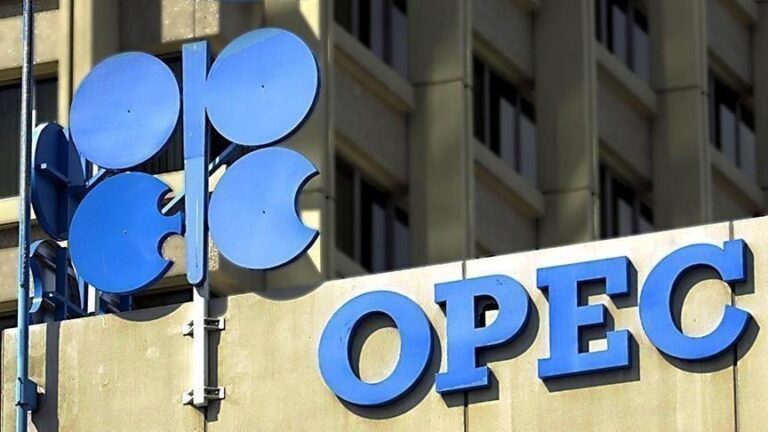tripoli
OPEC Secretary-General Haitham Algais underlined Libya’s important role in the global energy market, stressing that the country’s developments will have a significant impact on the international oil sector.
Speaking at the 2025 Libya Energy and Economic Summit (LEES) held in Tripoli on Sunday, Prime Minister Al-Ghais stressed that Libya is well-positioned to become a major player in the oil and gas and renewable energy sectors.
He added: “There is no doubt that Libya can be at the forefront in future oil and gas production, in other areas such as renewable energy, and in using technology to improve efficiency and reduce emissions.” said.
“As we have seen today, this country has natural resources and the investments it needs in the future. Above all, there is the will of the government and the people to progress,” he added.
Mr. Algais pointed out that Libya has been a major member of OPEC since joining OPEC in 1962. He also highlighted the country’s vast oil reserves, estimated at 48 billion barrels (about 7.6 billion cubic meters). These reserves account for approximately 3% of the world’s proven reserves and more than 40% of Africa’s total reserves.
“Furthermore, Libya also has large gas resources. It is very well positioned as an energy hub in the Mediterranean,” he stressed.
“We need energy in all its forms.”
Mr. Algais stressed that the stability of the global energy market depends on the continued efforts of OPEC and OPEC+ partners.
He recalled that the pivotal production decisions taken at the beginning of the COVID-19 pandemic played a key role in stabilizing markets and supporting economic recovery.
He said global energy demand is expected to increase by 24% by 2050, with daily oil consumption expected to reach 120 million barrels, mainly due to population growth, economic expansion and urbanization in developing countries. He pointed out that this is expected.
“The future will require huge investments in all energy sources,” he said, adding, “I underline the word everything. The oil sector alone will have a total investment of $17.4 trillion between now and 2050. We estimate that this will require an investment of more than $650 billion annually.”
“This is an approach fully advocated by OPEC,” Algais said, referring to LEES 2025’s comprehensive approach to addressing renewable energy, climate change challenges and technology.
“We have no doubt that the world will continue to need and accept all kinds of energy, and of course we must recognize the different needs of all people around the world. No.”
He emphasized the importance of making realistic assumptions about the potential of different energy sources and technologies to inform future investments.
“Understanding and planning for this future is at the heart of the Charter of Cooperation between OPEC and many non-OPEC oil producing countries. Libya plays an important role in the Charter,” Algais concluded. Ta.
The Anadolu Agency website only lists in summary form some of the news articles provided to subscribers on the AA News Broadcasting System (HAS). Please contact us for subscription options.


